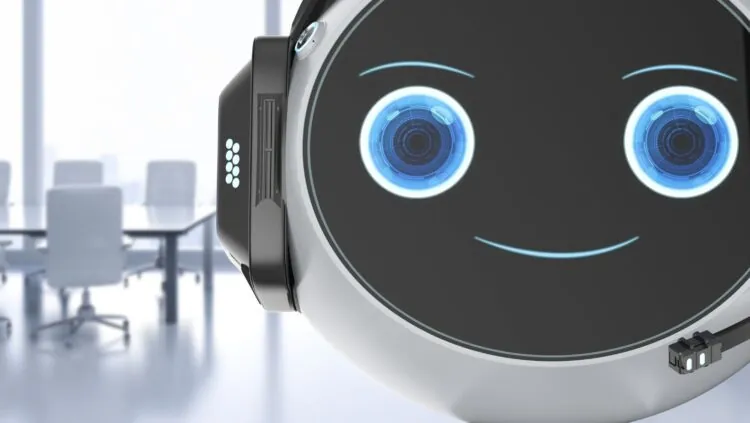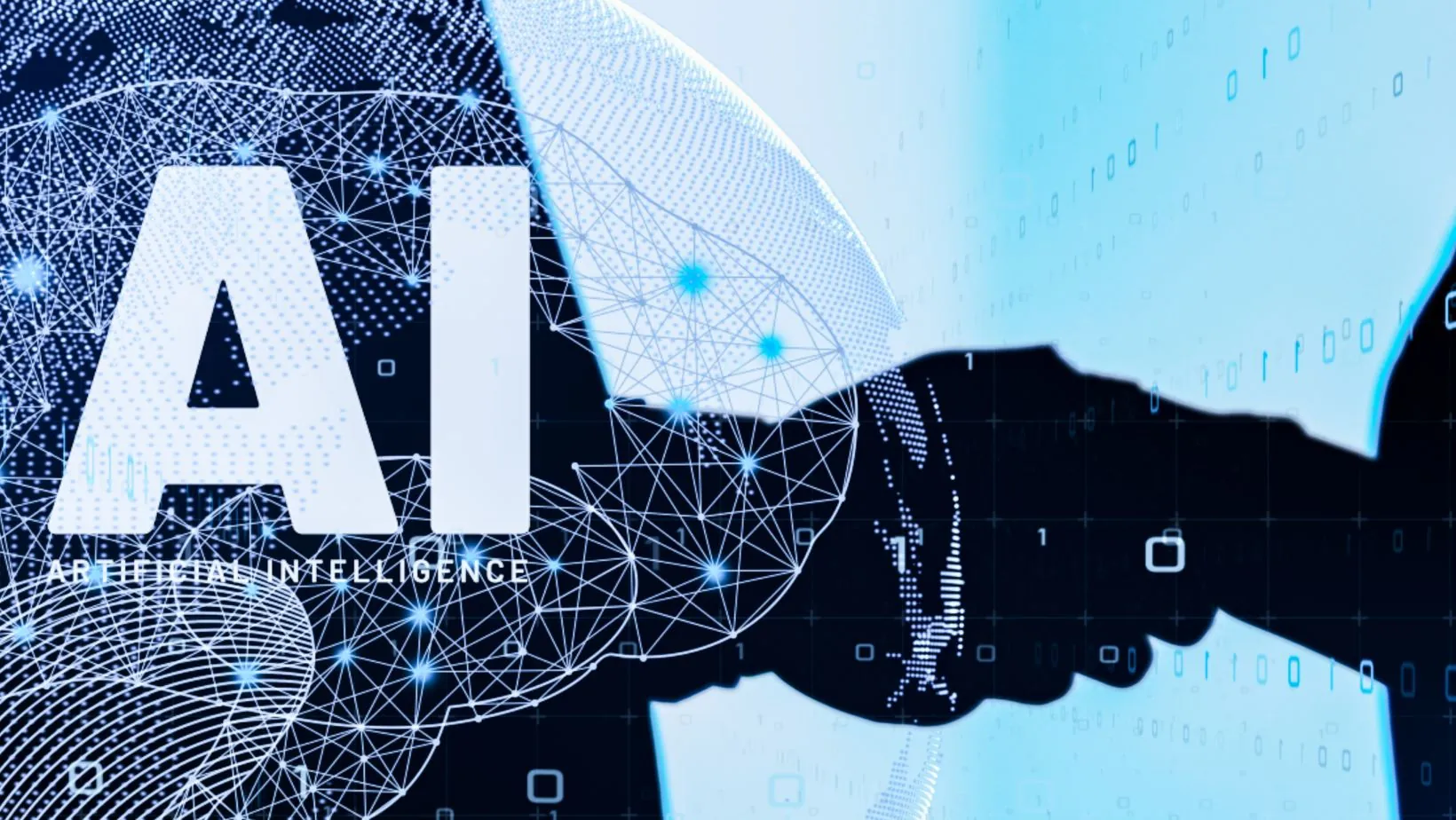The customer service sector has been changed by the emergence of Artificial Intelligence (AI), which has affected interaction of companies with clients. The AI driven solutions can help in providing answers on simple questions and even resolving difficult issues very quickly due to their high level or speed in processing data. Nevertheless, this progress poses some important questions too: Can there ever be a complete substitute for the human aspect in customer service by machines? Is that right? It is important to strike the right balance between human and mechanical interaction so as to provide an integrated personalized customer experience.
Understanding AI: The Backbone of Modern Customer Service
AI refers to the simulation of human intelligence in machines that are programmed to think, learn, and solve problems. While AI is widely applied in various sectors like retail, banking, and healthcare, it has also found niche applications in areas like AI sex chat platforms, where companies like EDEN AI provide users with personalized, simulated conversations. In customer service, AI manifests through chatbots, virtual assistants, sentiment analysis tools, and machine learning algorithms that predict customer behavior. These technologies excel at handling repetitive tasks, offering instant responses, and analyzing vast datasets for actionable insights.
Chatbots using natural language processing (NLP) could save time and resources by dealing with many clients’ questions at once. By using AI tools for analyzing customer feedback, it becomes possible for business owners to recognize what they did not get right and improve their strategies that way. It also uses predictive analytics to predict customer needs so that customers can be served on time. Yet, while AI is indispensable for scaling operations and improving efficiency, its capabilities are not without limits.
The Strengths and Shortcomings of Machines
Customer service benefits from the speed, reliability, and availability that comes alongside AI systems. Since machines do not get tired, there is help at all times which is also guaranteed by elimination of human errors on those simple jobs. The reason for this is because they can analyze big data and produce precise solutions very quickly.
On the flip side, it can be said that machines do not possess emotional intelligence or empathy. The truth is that complex customer interactions which are high on emotion cannot be effectively handled by artificial intelligence because such interactions require a lot of sensitivity and understanding. This is an area where artificial intelligence may fail to provide answers that would satisfy all customers as there would be some people left out feeling like they were not heard or supported. In addition, although AI can follow rules very well, it cannot easily adjust to unforeseen circumstances.
The Irreplaceable Human Touch
It is important for people to have empathy, be creative and culturally aware when offering customer service. These attributes become invaluable especially in situations where one has to give attention or deal with complaints that have been taken a notch higher. For instance, if a client approaches a company about a bad incident and needs assistance, he or she may prefer a compassionate talk to a fast fix.
Human agents can also identify subtle emotional cues in tone and language that AI might miss. They build trust and foster loyalty by forging genuine connections with customers. In the era of automation, this human element is often the key differentiator for businesses striving to stand out in competitive markets.
Striking the Balance: A Hybrid Approach
The future of customer service lies in a hybrid model that integrates the strengths of AI with the unique capabilities of humans. Businesses can deploy AI to handle routine tasks, freeing human agents to focus on complex and high-value interactions. For example, chatbots can manage FAQs and direct inquiries to appropriate departments, while human agents tackle more challenging cases requiring empathy and critical thinking.
Training and collaboration are vital in this model. Human agents must be equipped with AI tools to enhance their efficiency, such as CRM systems that consolidate customer data for better decision-making. Similarly, AI should be continually refined with feedback from human agents to improve its performance.
Summary
The use of AI in customer service has completely changed the sector due to its unmatched speed and scalability. Nonetheless, these limitations serve as a reminder of the incomparable importance of human empathy and adaptability. A combination strategy that uses AI to enhance efficiency and employees’ emotional intelligence will guarantee greater client satisfaction. Adapting such a synergy approach would enable companies to offer ever better services in a humane way and thus cope with changing customer needs.












